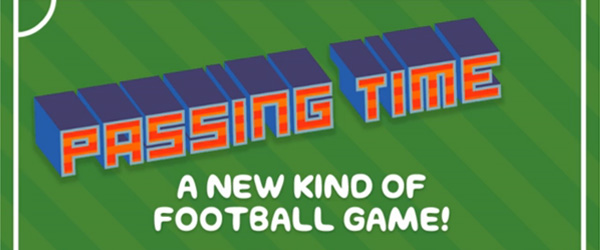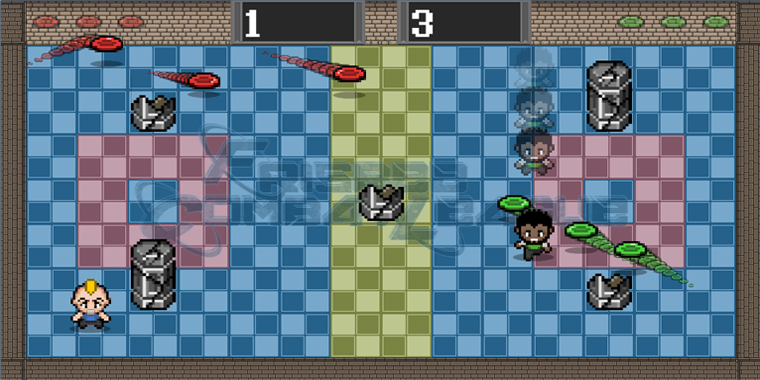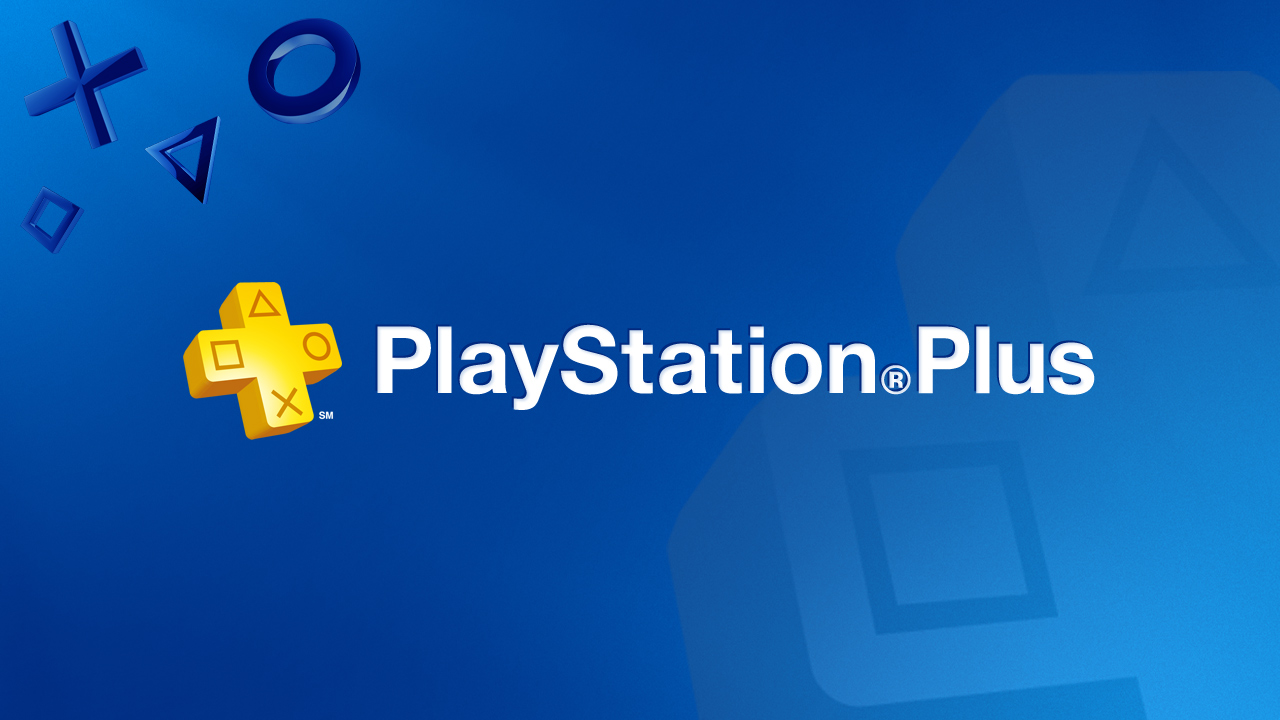
PlayStation Mobile Developer Interview: Passing Time
Posted by Chris K on October 3rd, 2012 | 0 Comments | Tags: Passing Time , PSM Q/A
This week isn’t all about the launch of PSM here on the site. We also wanted to talk to a few developers who will be releasing games in the coming weeks and months as well. At the top of that list is Honeyslug with their game Passing Time. That name might ring a bell if you have a Vita or played Minis. They were the team behind the insane micro-game hit Frobisher Says! (Still not out in North America 🙁 ) and Kahoots on a cute puzzle platformer. While it may just look like any old soccer game, Passing Time has a ton of depth and can be loved by even nonsports fans.
Q: Could you please let everyone know a little bit about Honeyslug?
Honeyslug have been going for just over 4 years now developing small, interesting games. Whilst the heart of the company is still Ricky (Design & Code), Nat (Design & Art) and myself (Production & Design), our games tend to be collaborative efforts with a variety of people bringing in their own talents to our games (Frobisher Says! For example in all had over 20 contributors on art, sound and coding). We’re currently working on a number of titles, amongst them is our football game, Passing Time.
Q: Having released a game on 3 different digital PlayStation Platforms, what was it like working on PSM? Not many other developers have had experience with both Minis and Vita before this.
As with other Sony platforms, the tools tend to be excellent, the PlayStation Mobile Suite is a pretty painless environment to use. The emulators are excellent, whilst the means by which you can deploy to both Mobile and Vita is certainly a lot less hassle than other development platforms.
Q: What do you think makes PSM stand out as a platform?
Simplicity of set up and getting stuff running quickly. Coders familiar with C++ will find working under Mono is a pretty similar experience. The fact that it’s accessible to a much broader developer base, the cost is on a par with Apple SDK and the incentive to get your game running on a cool device like a Vita without the added cost investment in a dev kit is a big draw.
Q: Is there anything moving forward that you would like to see be added to PSM as a platform?
Rear touch support option for Vita would be a big thing, beyond that it’s techy stuff like improved sound support, shader support, emulation of all device sizes and when DOESN’T a coder want more memory *runs for cover*.
Q: Were there any other football games you took inspiration from when making Passing Time? I was always a fan of Goal on NES when growing up.
We drew on a number of titles, Ricky (who did the initial swathe of coding and concepted the game) is a big fan of Goal, and obviously Sensi on Amiga was a big influence for both of us. When we were looking into the 5-a-side mode, Kieran, our Sony Producer, wanted to draw from SNES Striker and I guess there’s also a little bit of Speedball in there. For drawing on ideas for the challenges, I found the training mode on recent FIFA titles was a good point of reference.
Q: Is Passing Time fully touch control only? Can you even allow games to use the D-Pad on PSM for devices like the PlayStation Vita or Sony Xperia Play?
We originally looked into using the analogue touch pads and face buttons, but the more we played around with the touch screen, the more other control methods just seemed a needless complexity when we could achieve everything we wanted using the screen.
[gallery_imgs dir=”http://media.psnstores.com/psm/passingtime/” num=”10″]
Q: What did you have to take into account when making a touch only football game?
Passing was obviously straightforward, as was shooting, and bicycle kicks and diving headers are simply a matter of being in the right place with the ball at the right height. As we were looking into 5-a-side, we sat down with Antony (who coded all the match stuff) to come up clever ways to make them work without resorting to turning it into just another mobile football game. So the player can drag on the screen to mark, make runs or attempt a slide challenge, but that’s as much control as we allow you to have, the players still move under their own steam and the core mechanic for the player is always the passing.
Q: Can you explain the game’s different modes?
With all modes of Passing Time your main focus is on the passing, the players control themselves and you choose when to pass, shoot, tackle or make runs. Passing Time is the core mode, you pass the ball around a circle of players, trying to get as big a score as possible, the ball can be intercepted by the opposition or, if you charge it up enough, you can turn the ball into a fireball and burn opponents, giving you a brief respite. Second mode is Challenge Mode, where you are given a series of challenges, they can be passing challenges (e.g. pass the ball a certain number of times), challenges using special balls such as the fireball or bomb ball, or set piece challenges featuring corners or free kicks. There are 40 challenges in total. The other two modes are the 5-a-side modes, Friendly mode allows you to play a one off game against an opposing team, whilst League mode is, well, a 20 team league. Don’t worry if you are rubbish to start off with, you can earn skill stars that can be used on your team to improve their power and accuracy of passing.
Q: Do you think it is a good idea to have game modes that cater to different types of players? Passing Time mode seems perfect for a more casual crowd.
To an extent with Passing Time Mode or the Challenges, the game can be seen as more of a puzzle game than a full on football game. You focus on working out “next moves” or a solution to the how you score from a free kick with a certain defensive setup. Nat, for example, isn’t in the least bit sporty, but she really likes playing it because it doesn’t require her to have any knowledge of football beyond knowing which side is hers and where the goal is, but it appeals to her unhealthy need to beat other players’ scores. Hand it to a football fan (even a Liverpool one) and after a bit of Passing Time practice, they go straight for the 5-a-side. Despite them being destroyed 15 – 0 by Australia after just 90 seconds, you can see how much they’re getting into the idea of having to think about controlling the ball rather than the player.
Q: Is there anything you would like our readers to know?
Yes, as I mentioned, Nat has no football background, so in playing the game, she came up with her own names for the players, which is why, uniquely, our football game contains players with important roles such as “Goalieman” , “Runningman” and “Kickerman”.
Q: When can we expect to get our hands on the game?
Passing Time is due out this Autumn.
Big thanks to Mark from Honeyslug for giving us some insight into Passing Time and PSM. Don’t get caught offsides, stick around PSNStores for all sorts of Passing Time news.






